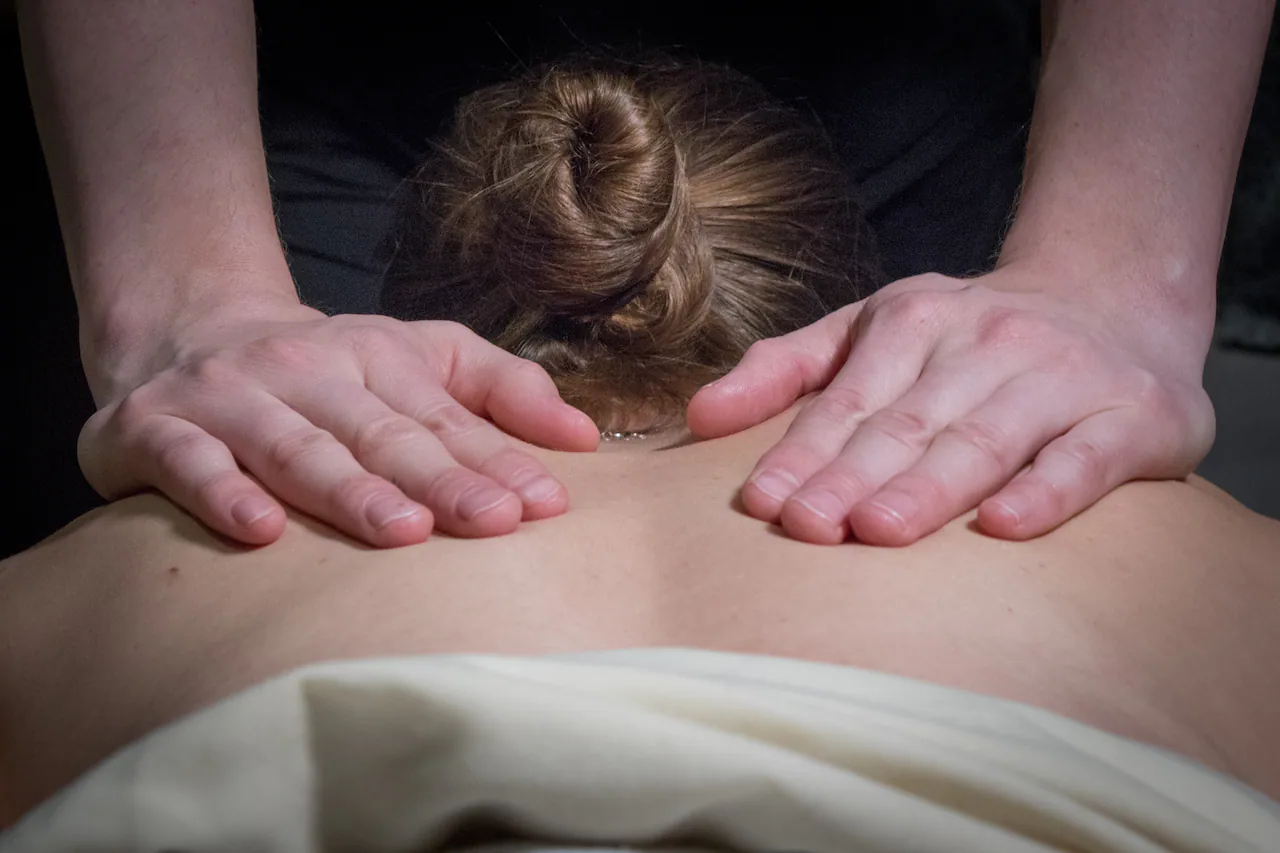Our veins play a crucial role in circulating blood throughout the body, making vein wellness essential for overall health and well-being.
Poor vein health can lead to various conditions, such as varicose veins and deep vein thrombosis, which can affect daily life and long-term health.
While genes and lifestyle habits are significant contributors, diet is often an overlooked factor.
This article delves into mindful eating and how it can enhance vein wellness.
Here are 6 Mindful Eating Practices for Vein Wellness
Adopting mindful eating practices can significantly enhance your vein health. Here are some actionable steps:
1. Take It Slow: Savor Every Bite
Eating at a slower pace helps with digestion and prevents overeating. This, in turn, supports healthy circulation and reduces strain on your veins.
2. Listen to Your Body’s Hunger Cues
Eat when you’re hungry and stop when you’re full. Overeating can lead to weight gain, which puts added pressure on your veins.
3. Choose Nutrient-Dense Foods
Opt for fresh fruits, vegetables, lean proteins, and whole grains to provide essential nutrients for vein health.
4. Incorporate Anti-Inflammatory Foods
Include foods like berries, leafy greens, fatty fish, and nuts. These contain antioxidants and omega-3 fatty acids, which help reduce inflammation.
5. Stay Hydrated
Drink plenty of water throughout the day to maintain healthy blood flow and reduce the risk of clots or varicose veins.
6. Avoid Excess Salt and Sugar
Limit processed snacks and sugary drinks to prevent bloating and inflammation, which strain your veins.
What is Mindful Eating?
Mindful eating is more than slowing down while eating or savoring food.
It’s about being fully present during meals, engaging all senses, and fostering a deeper connection with what we consume.
Instead of multitasking with your phone or watching TV while eating, mindful eating emphasizes focusing on the flavors, textures, and smells of your food.
This approach not only makes meals more enjoyable but also has profound effects on your health, including vein wellness.
Read More: The Science of Mindful Eating: 5 Key Facts To A Path to Better Health
How Diet Impacts Vein Health
The food we consume directly affects the health of our veins.
A diet rich in nutrients supports healthy circulation and reduces inflammation, whereas poor dietary choices can contribute to vein-related problems.
For example, foods high in antioxidants, vitamins, and minerals promote optimal vein function.
Meanwhile, excessive sugar, salt, and unhealthy fats can lead to inflammation and impaired circulation, exacerbating issues like spider veins or varicose veins (swollen, twisted veins that are often visible on the legs).
Supportive Foods for Vein Wellness
Incorporating nutrient-rich foods into your diet is a powerful way to improve vein health. Here are some essential categories:
- Fruits and vegetables: packed with antioxidants and vitamins like C and E that strengthen vein walls.
- Whole Grains: High in fiber, which prevents constipation and reduces pressure on veins.
- Lean Proteins: Provide the building blocks for tissue repair and maintenance.
- Healthy Fats: Omega-3 fatty acids found in fatty fish, walnuts, and flaxseeds reduce inflammation.
Foods to Avoid for Better Vein Health
Certain foods can harm your veins by causing inflammation or poor circulation. Limit the following:
- Processed Foods: High in trans fats and preservatives that increase inflammation.
- Excessive Salt: Causes water retention, putting additional pressure on veins.
- Sugary Snacks and Beverages: Lead to inflammation and damage to blood vessels.
Related: The 5 Benefits of Regular Exercise for Mental and Physical Health | Read Now!
Professional Guidance for Vein Health
If you experience persistent vein-related issues, consult a qualified vein specialist.
A vein doctor can assess your condition, provide dietary recommendations, and offer treatments tailored to your needs.
Why See a Vein Specialist?
- Assessment and Diagnosis: Evaluate vein health and identify underlying issues.
- Personalized Advice: Receive dietary guidance based on your unique needs.
- Treatment Options: Explore minimally invasive procedures to address existing vein problems.
Seeking professional help ensures that you take proactive steps to protect and improve your vein health.
Benefits of Mindful Eating for Vein Wellness
- Improved Circulation: Supports blood flow and prevents issues like clotting.
- Reduced Inflammation: Anti-inflammatory foods help minimize strain on veins.
- Weight Management: Mindful eating prevents overeating, reducing vein pressure.
- Enhanced Digestion: Prevents constipation, which can lead to varicose veins.
Conclusion
Mindful eating is a holistic approach to enhancing vein health and overall well-being.
By paying attention to what and how you eat, you can strengthen your veins, improve circulation, and reduce the risk of vein-related problems.
Start small by incorporating nutrient-dense, anti-inflammatory foods into your meals and avoiding excessive salt and sugar.
For more persistent issues, consult a vein specialist for expert guidance.
Your veins—and your health—will thank you.
Recommendations
10 Daily Healthy Lifestyle Habits | Read Now
The Science of Mindful Eating: 5 Key Facts To A Path to Better Health
The 5 Benefits of Regular Exercise for Mental and Physical Health | Read Now!
















